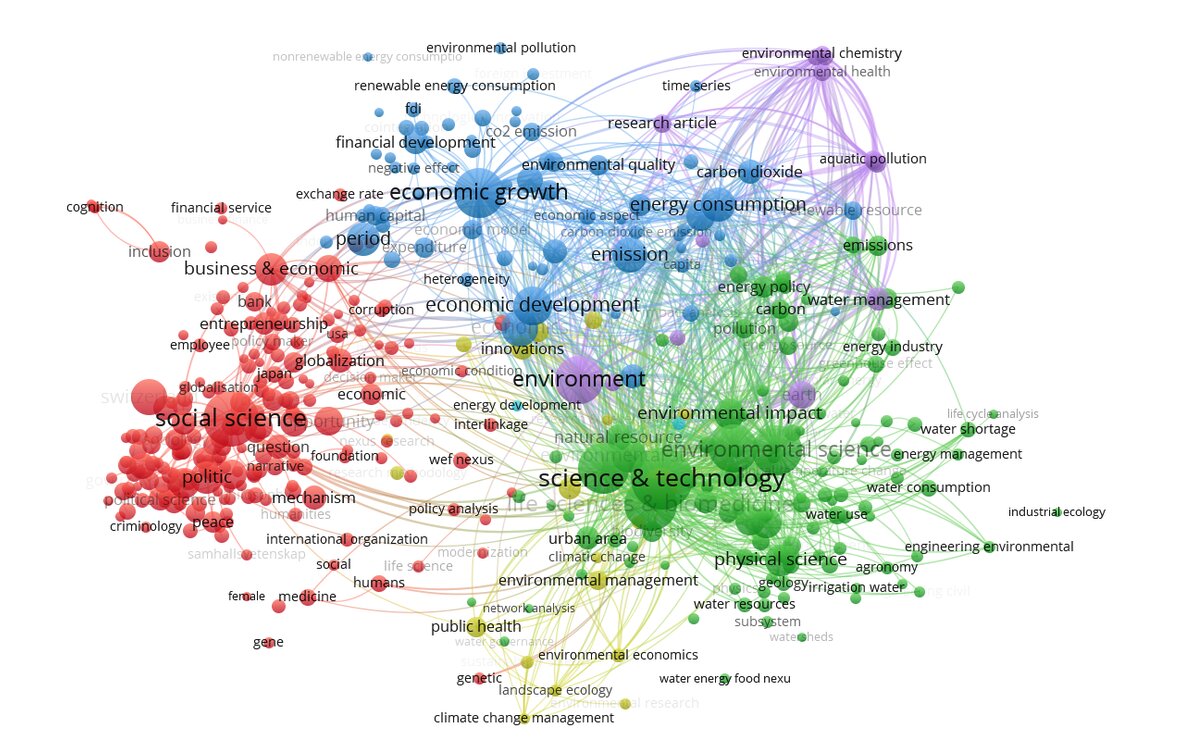Figure 1. A VOSviewer bibliometric visualization for the keywords, “nexus”, “transformative” and “tools”.
The word and concept of most interest for me this year is nexus, defined broadly as a connected group or series. When placed in the context of natural resources management, a nexus framework renders a system of systems perspective. But which fields of knowledge are reflected in research and current business practices in natural resources management, and how are these various fields of study and business sectors interconnected?
